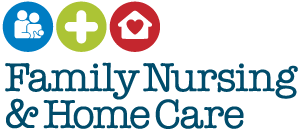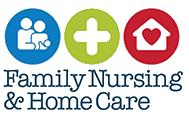What is the most important part of your body?
YOUR BRAIN!
So what does your brain do?
EVERYTHING!!
It tells you that you like the taste of chocolate…
you hate the smell of sweaty feet…
and love being able to listen to music.
So, how can you protect your brain when you are on your bike?
It’s easy … wear a helmet – every time you ride your bike –
There are 5 simple steps to keeping safe:
- Make sure that you have the correct sized helmet.
- Your helmet should fit properly and be comfortable to wear, most can be adjusted so that when you shake or nod your head your helmet should stay in place.
- A good fit is when the helmet is just above your eyebrows and is not tilted back on your head.
- The straps should not be twisted and should form a V shape under the ears, with the plastic clips positioned just under the ears too.
- MOST IMPORTANTLY – ALWAYS MAKE SURE THE STRAPS ARE NOT LOOSE AND CLIPPED TOGETHER UNDER THE CHIN.
Hope you enjoy riding your bike!












